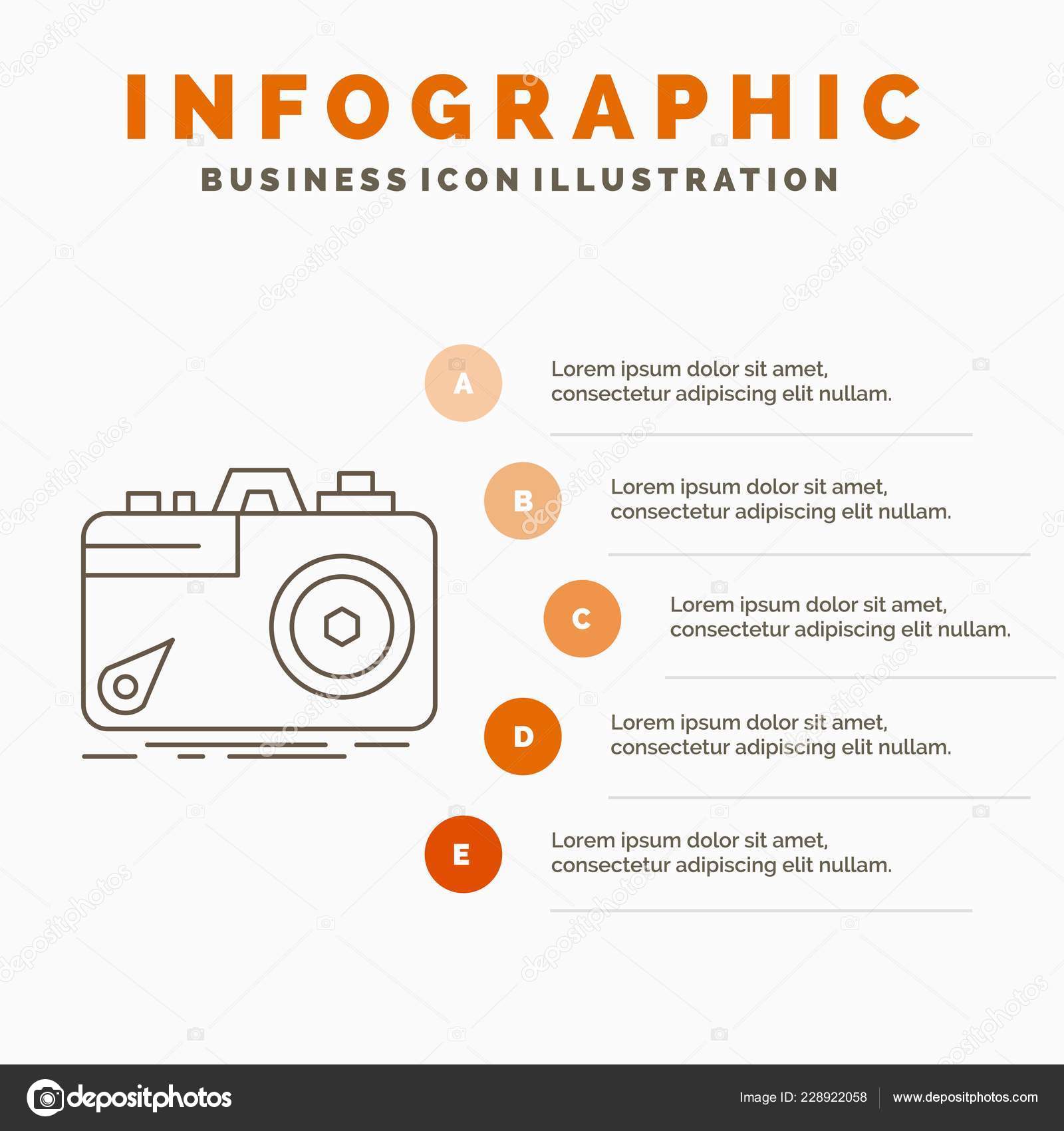Eager To Fine-Tune Your Real Estate Photography? Allow'S Take A Better Take A Look At The Crucial Factors To Consider For Choosing The Ideal Cam To Catch Captivating Property Pictures
Eager To Fine-Tune Your Real Estate Photography? Allow'S Take A Better Take A Look At The Crucial Factors To Consider For Choosing The Ideal Cam To Catch Captivating Property Pictures
Blog Article
Uploaded By-Goodwin Willoughby
When venturing into real estate photography, choosing the best electronic camera is essential for catching properties in their ideal light. The option of electronic camera can significantly affect the top quality of your images, affecting how potential purchasers regard a listing. From sensing unit size to lens compatibility and reduced light efficiency, each aspect plays an essential duty in achieving spectacular visuals that make an enduring perception. So, as you start this visual journey, ensuring your video camera ticks all the right boxes is key to setting your job apart in a competitive market.
Cam Sensor Dimension
When selecting a video camera for real estate digital photography, understanding the relevance of camera sensor size is vital. The sensing unit dimension of an electronic camera directly impacts the image top quality and efficiency in different lights problems. Larger sensing unit dimensions, such as full-frame sensors, have a tendency to catch more light and information, causing sharper photos with much better dynamic variety. Genuine estate photography, where capturing the intricate details of a residential property is necessary, going with a video camera with a larger sensing unit size can make a considerable distinction in the last outcome of your photos.
Cams with smaller sized sensing unit sizes, like those located in small cameras or smartphones, might battle to produce top quality pictures, particularly in low-light scenarios. The smaller sensing units can bring about even more noise and less detail in the pictures, which can be a disadvantage when showcasing properties to possible buyers.
Purchasing an electronic camera with a bigger sensing unit dimension, even if it indicates a slightly greater expense, can elevate the general quality of your real estate digital photography and establish your listings in addition to the competition.
Lens Compatibility
Recognizing the lens compatibility of a camera is key when considering tools for real estate photography. Different cameras have details lens mounts that dictate which lenses work.
Genuine estate digital photography, wide-angle lenses are generally utilized to record the full scope of spaces and areas. When choosing a camera, ensure that it sustains wide-angle lenses with focal sizes commonly ranging from 10mm to 24mm for APS-C sensing unit video cameras and 16mm to 35mm for full-frame sensors.
It is vital to examine if the video camera you're interested in has a selection of lens choices offered in the marketplace. Having accessibility to a large option of lenses permits you to adapt to different capturing situations and accomplish various innovative effects.
Furthermore, think about the high quality of the lenses suitable with the video camera, as purchasing top notch lenses can dramatically influence the sharpness and overall look of your property pictures. Keep in mind, lens compatibility plays a vital function in optimizing the potential of your camera for real estate digital photography.
Low Light Efficiency
For ideal real estate digital photography, the low light performance of a cam is critical. When choosing a cam for real estate digital photography, take into consideration one with great reduced light abilities. Properties usually require to be photographed in poorly lit areas or throughout golden hours to catch the setting effectively. A camera with excellent reduced light performance will certainly ensure that your photos keep quality and sharpness even in difficult lights conditions.
learn this here now with larger sensing units tend to execute better in reduced light scenarios as they can record a lot more light, leading to much less noise in the photos. Seek cams with a large ISO array, allowing you to readjust the sensitivity to light as needed.
Additionally, electronic cameras with good noise reduction technology can assist produce cleaner pictures in reduced light.
Having a video camera with strong low light performance will provide you the flexibility to fire in numerous lights problems without jeopardizing the top quality of your real estate images. See to it to evaluate the camera's reduced light abilities before making your decision to guarantee it meets your photography needs.
Conclusion
So, when choosing a video camera for real estate photography, remember to focus on sensor size, lens compatibility, and low light performance. A bigger sensing unit dimension, wide-angle lens compatibility, and good reduced light efficiency will ensure that you capture top quality images of homes with fantastic detail and clarity. Make sure to do your research study and pick a cam that meets these standards for the very best results in your realty digital photography endeavors.
